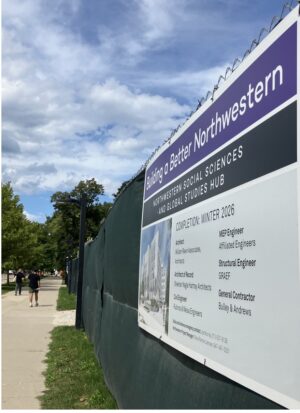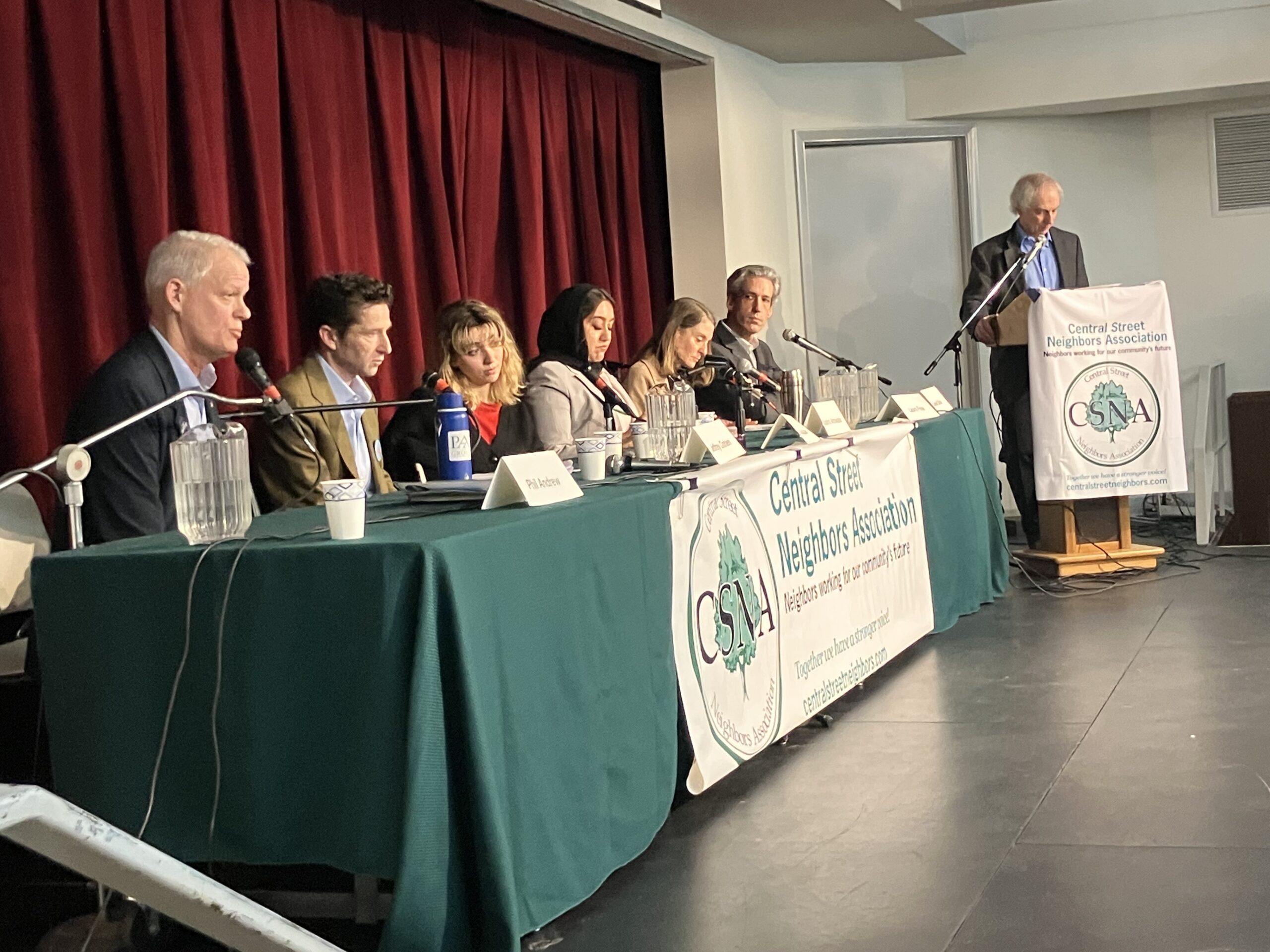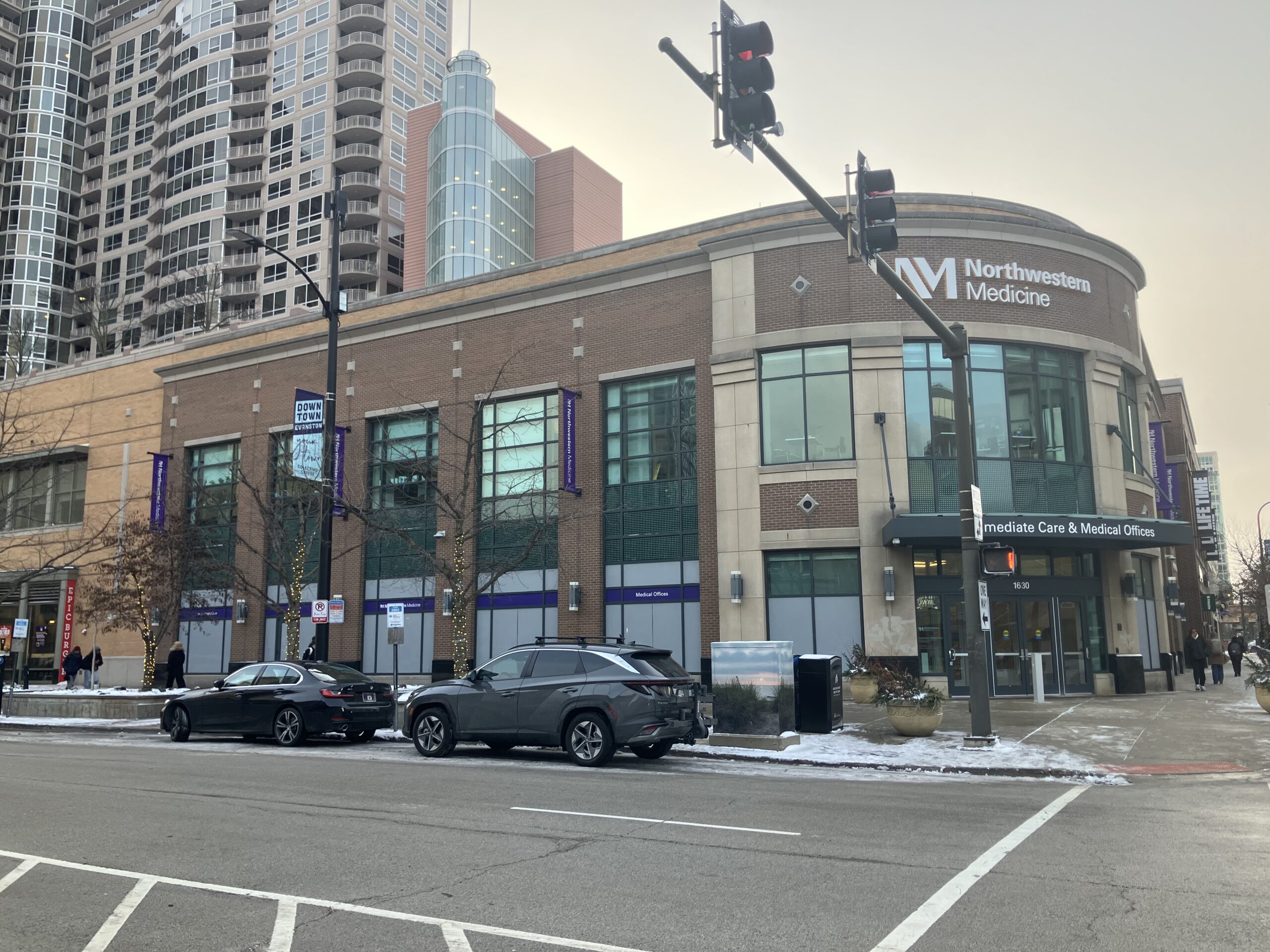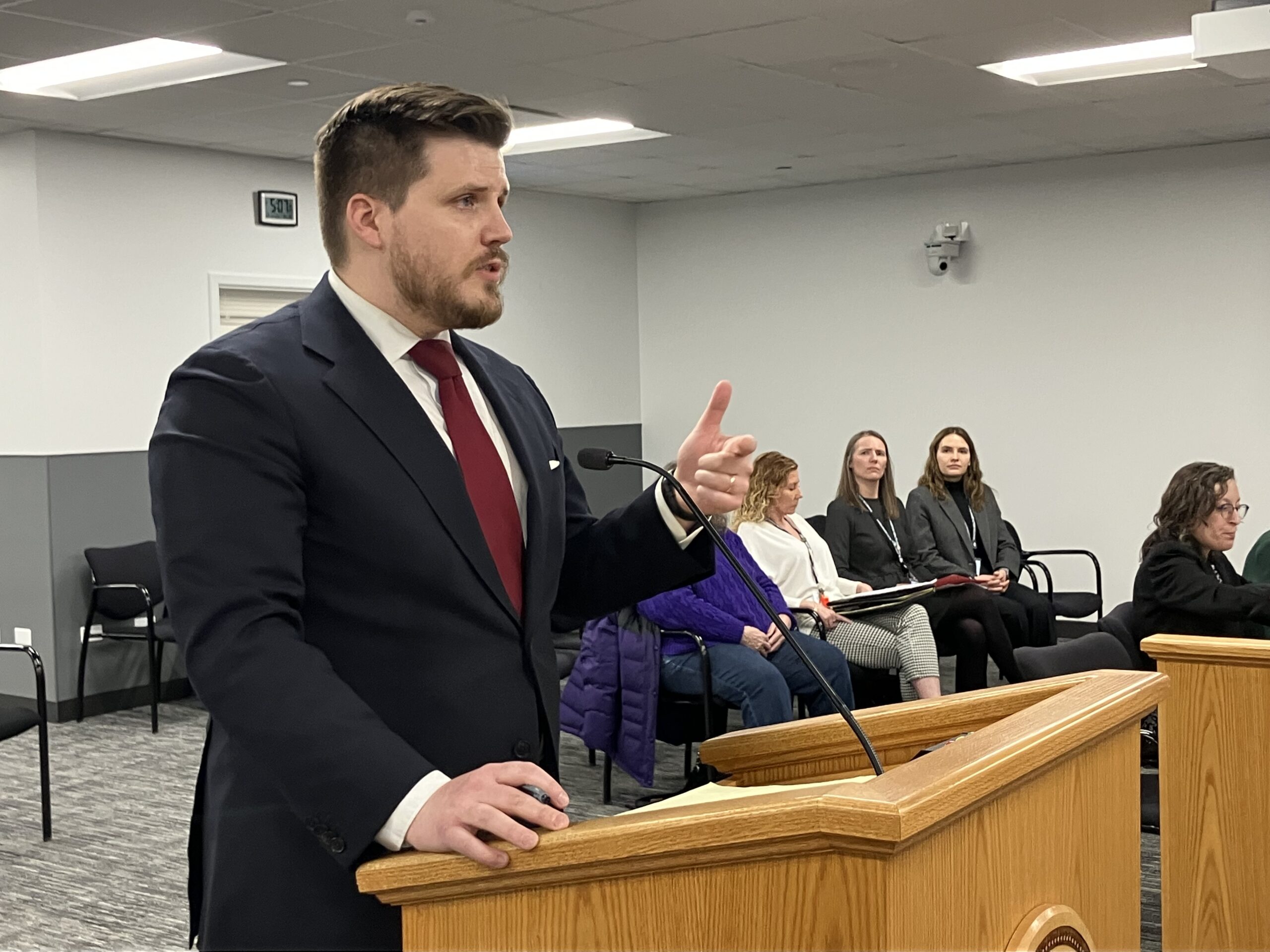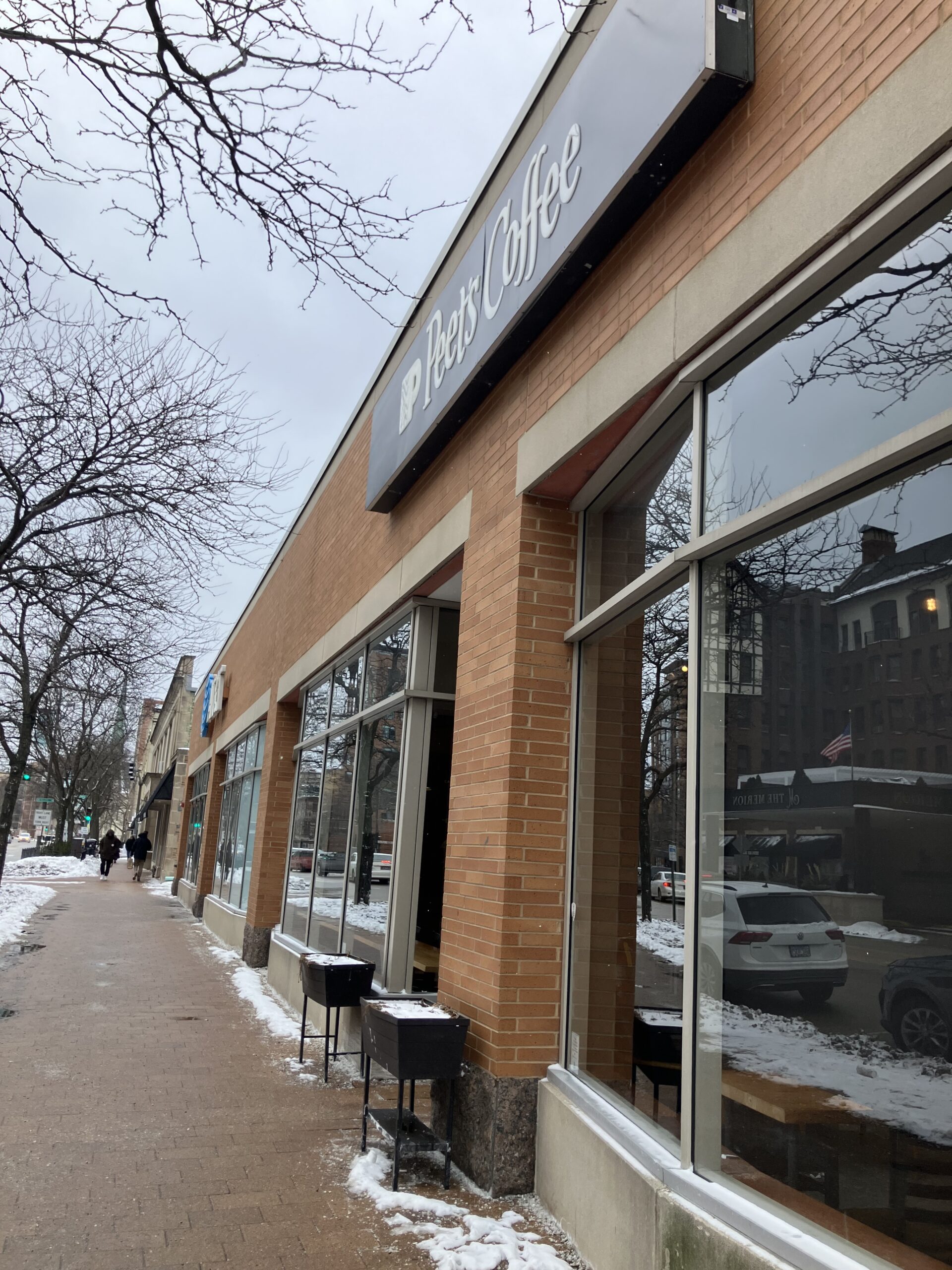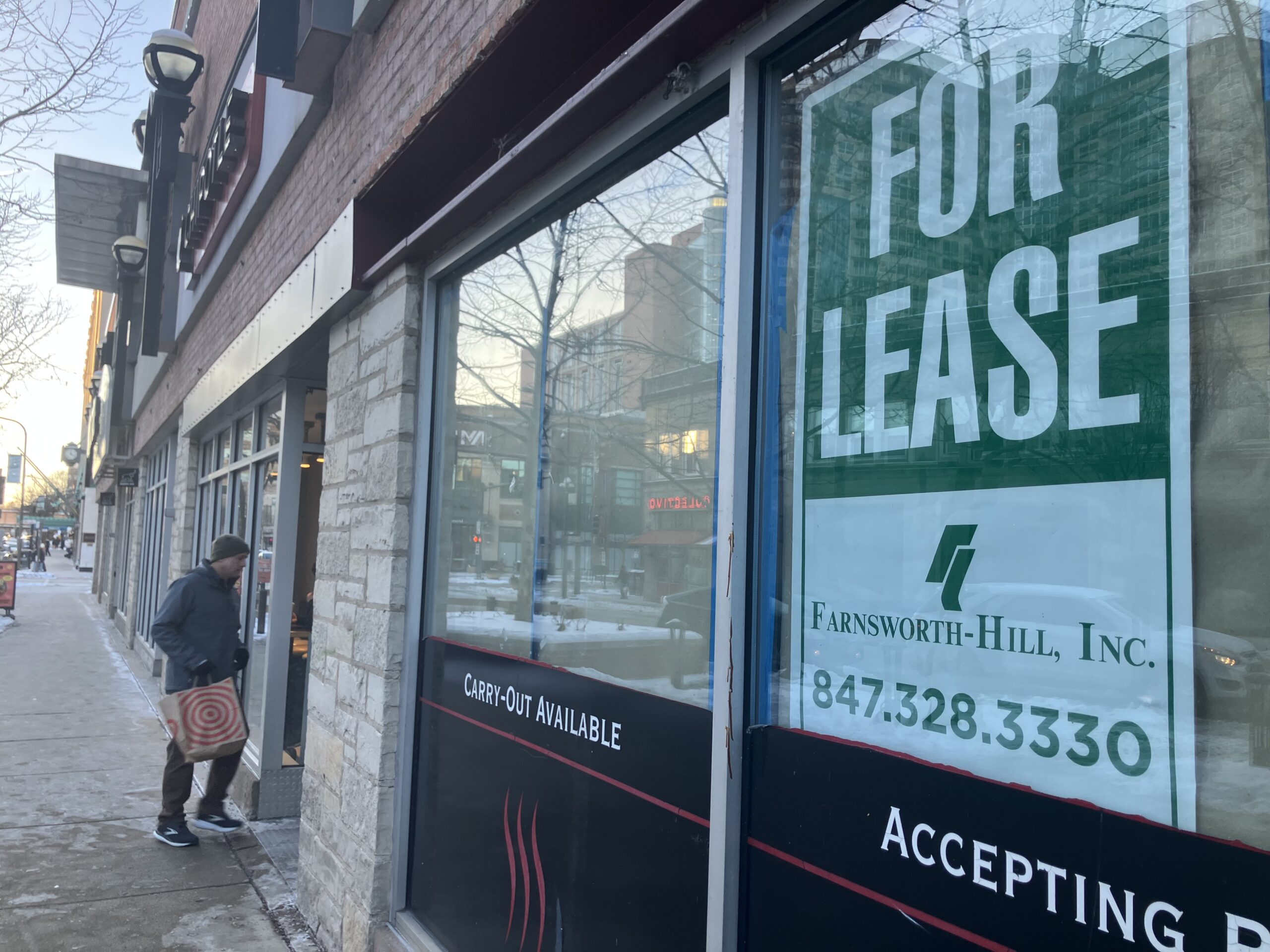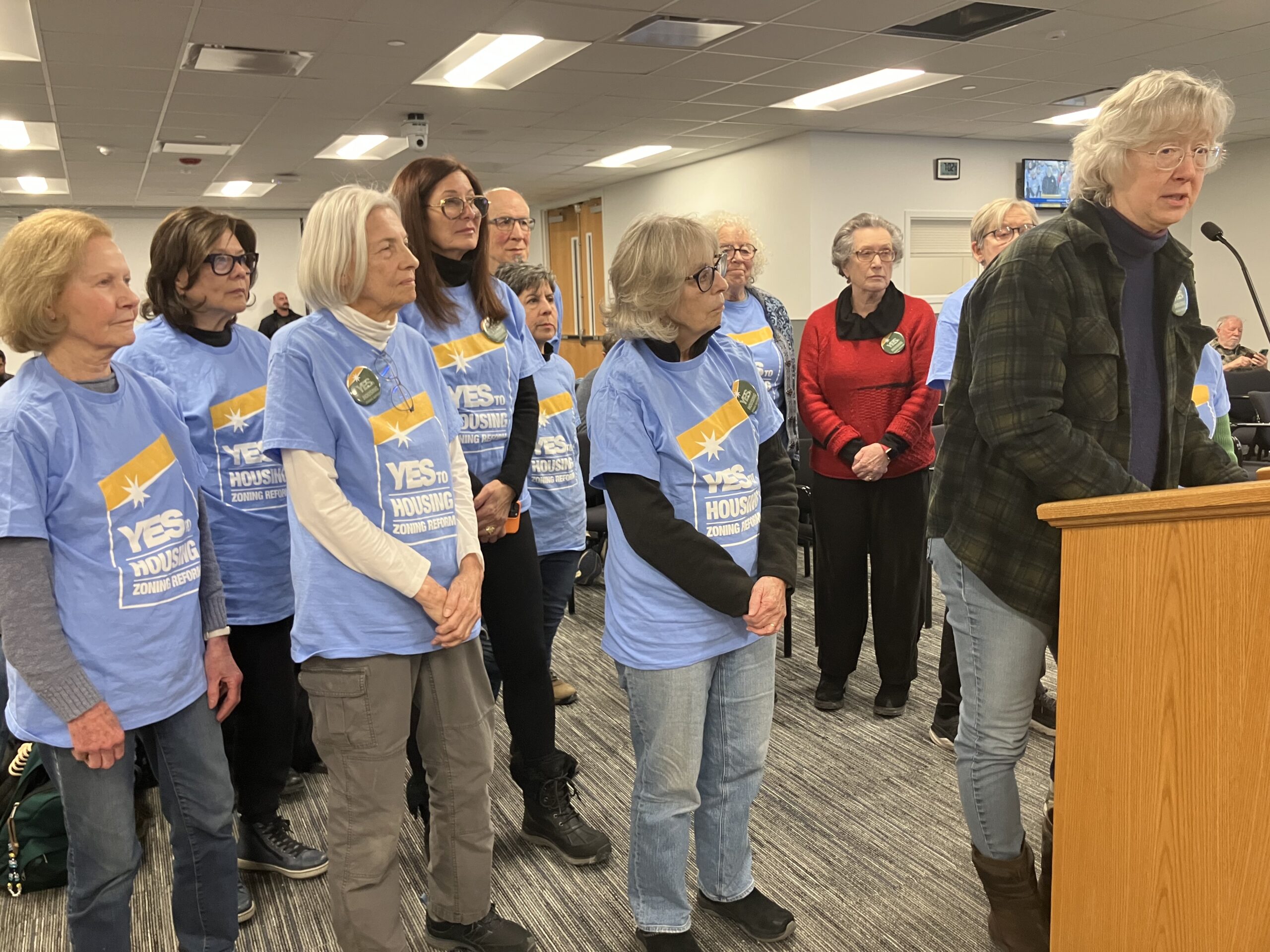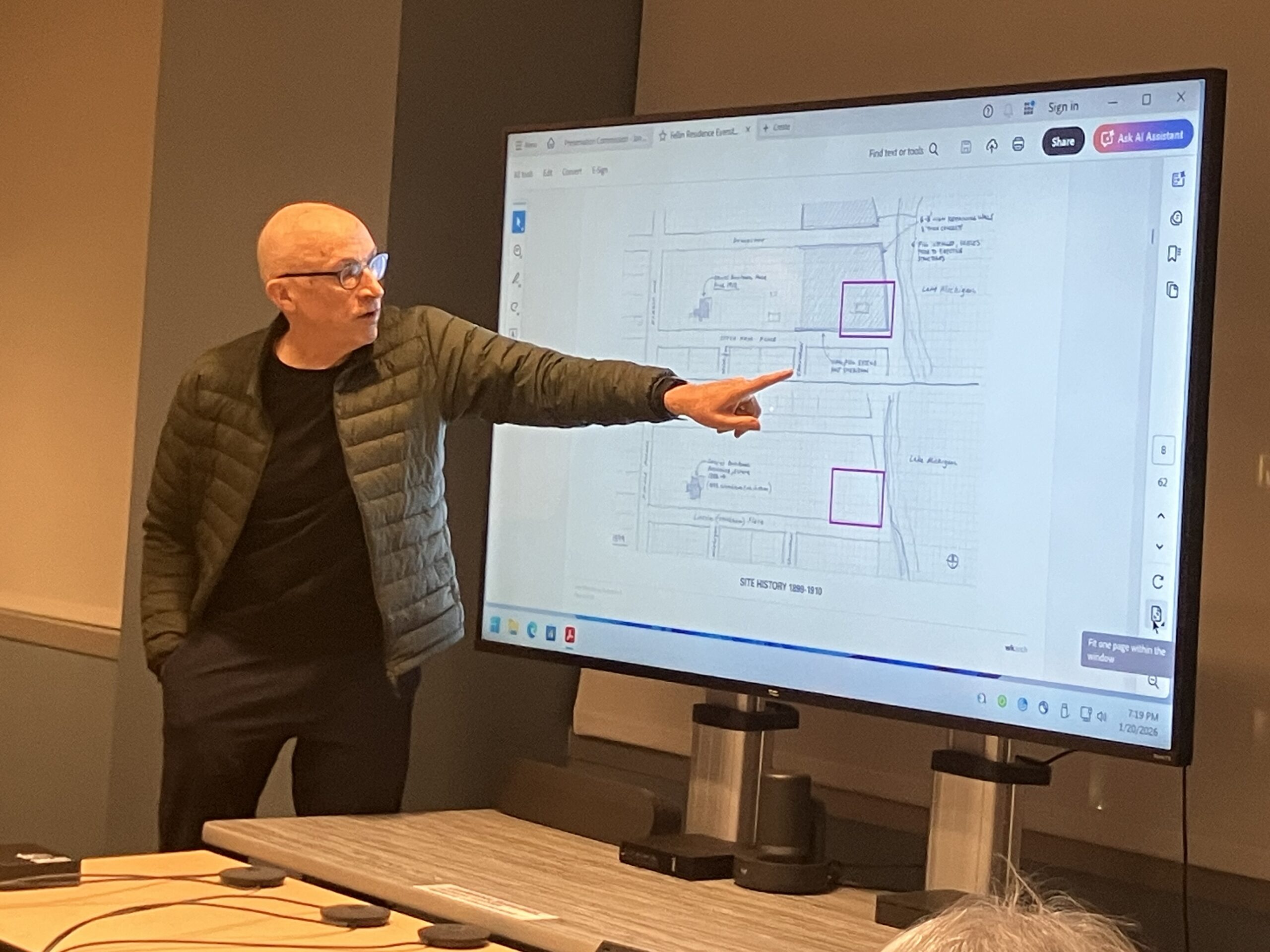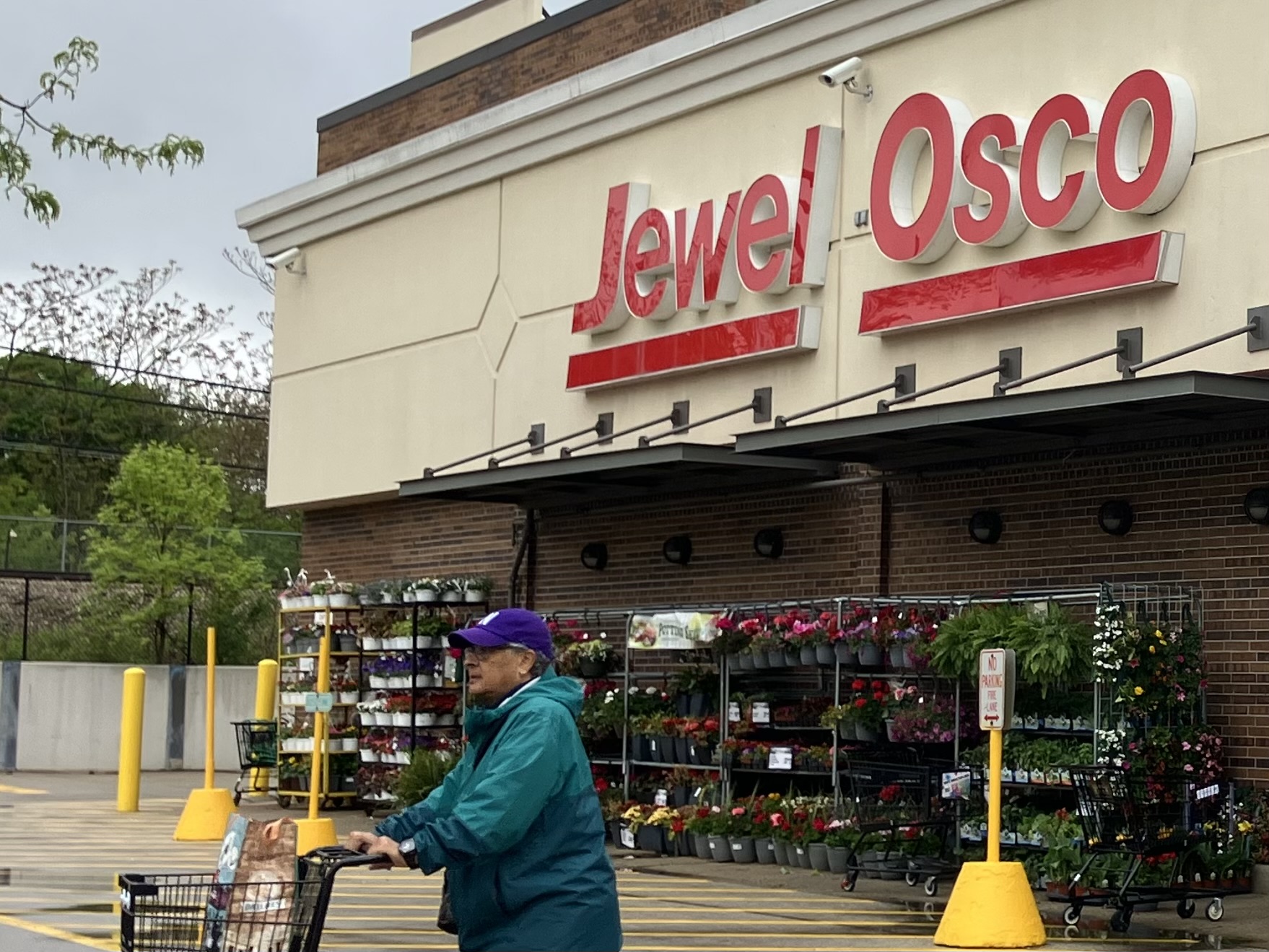Council sets final vote for Sept. 15, preparing to override presumed mayoral veto
By Bob Seidenberg
Evanston City Council members on Monday moved to back a local grocery tax to replace the state grocery tax, which expires Jan. 1, leaving time for them to override Mayor Daniel Biss’ intended veto.
Rather than wait until their next regular council meeting in two weeks, councilmembers voted 6-3 to adopt a 1% grocery sales tax as a special order of business at a meeting scheduled next Monday, Sept. 15, anticipating the mayoral veto.
Biss served notice to councilmembers at the Aug. 25 council meeting that he intended to use a rare mayoral veto if they approved a local grocery tax, speaking of concerns he had received from residents about the tax, which applies to groceries and other food intended for off-premises consumption.
The mayor said he viewed a property tax as a less-regressive measure, meaning it would not disproportionately impact lower-income residents, and challenged councilmembers to come up with six votes if they intended to override it.
Burns: Not ready to support property tax ‘on the fly’
With that in mind, councilmember Jonathan Nieuwsma (4th Ward), proposed the Sept. 15 meeting so that council members could take a final vote on the issue at that time. “We then have time at our scheduled meeting on Sept. 29 to overrule that veto, assuming the six council members who supported [a local tax] this evening will continue their support.”
Council member Bobby Burns (5th Ward), who had been absent at the Aug. 25 meeting, indicated he supported a local grocery tax at this time, giving the council six members in favor of it.
“I am not prepared to increase our property taxes on the fly,” Burns said, noting the resolve of a majority of the current council “to hold the line on property taxes, and for me personally I wanted to make sure that we continue to do things like looking for new sources of revenue,” noting some success in doing that with the budget last year.
He also noted that his suggestion of zero-based budgeting is underway in the Public Works Department and that he would like to see the outcome of that initiative. In his own ward meetings, residents have supported a local grocery tax, since “we’re already paying it” with the state tax.
Suffredin asks for cost comparison
Other councilmembers in brief discussion Monday indicated they favored a local grocery tax at this point.
Councilmember Tom Suffredin (6th Ward) asked staff the impact of a 2.5% increase in the property tax.
Clayton Black, the city’s deputy finance officer, said the increase would translate to about $78 more per year for the owner of a $400,000 home.
Suffredin then asked Black his estimate of what Evanston residents would pay on the grocery tax if the city were to continue the existing state tax.
Black calculated the cost for a household buying all their groceries in Evanston would come to roughly $66 per year per household.
Some residents are going to buy groceries in nearby suburbs, paying the grocery tax in those towns, Suffredin said.
On a property tax increase, whether homeowners or renters, they would be subject to the hike, “if that’s the route,” he said.
Nieuwsma: We’ve been paying this tax for years
Nieuwsma summarized his own similar arguments.
‘“This is not a new tax, [it’s] something that we are all comfortable with,” he said. “We have been paying this lo these many years.”
“More than 50% of that [grocery tax] burden is paid by non-Evanston residents,” he pointed out. “Our most vulnerable residents are protected and do not currently have to pay the tax — SNAP recipients don’t have to pay tax.”
“Last and not least,” he said, “and this is not always the best reason for doing stuff, but everybody else is doing this. And I’m not saying if Skokie and Wilmette jumped off a cliff, we should jump off a cliff too, but we would be the only community in our neck of the woods that would not be continuing the 1% local grocery tax.”
The grocery tax has generated roughly $2.5 million annually and is regarded as one of the city’s most stable and resilient revenue sources.
For a local tax to go in its place, communities must pass an authorizing ordinance and send a certified copy to the Illinois Department of Revenue by Oct. 1, 2025.
As of August, some 550 municipalities statewide had passed a local grocery tax, staff reported. In Cook County alone, more than 85 municipalities had done so, including Skokie, Palatine, Hoffman Estates, Buffalo Grove and Schaumburg.
Wilmette and Chicago have not as yet. Wilmette has grocery tax legislation on their agenda for Tuesday with possible adoption on Sept. 25.

